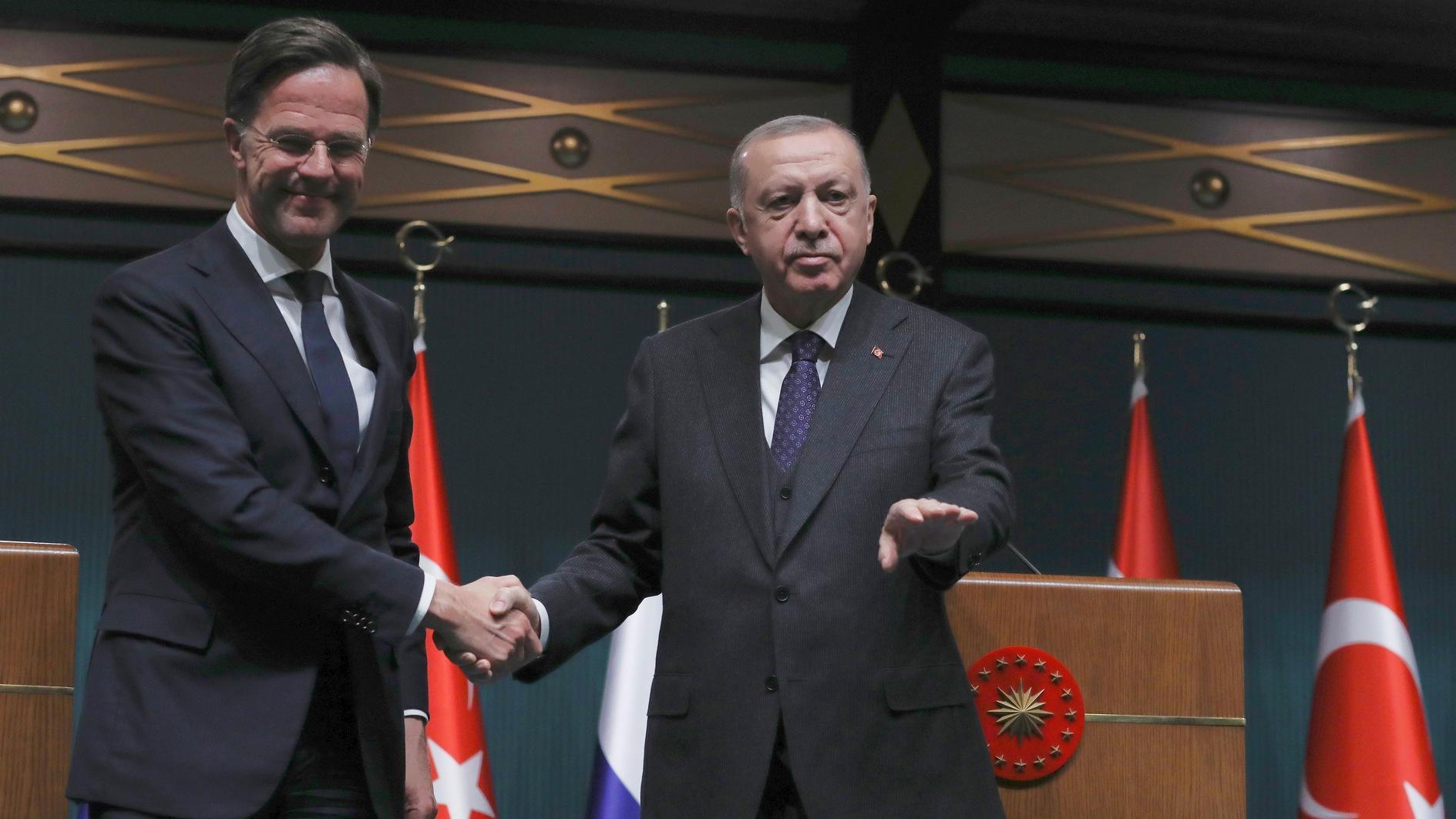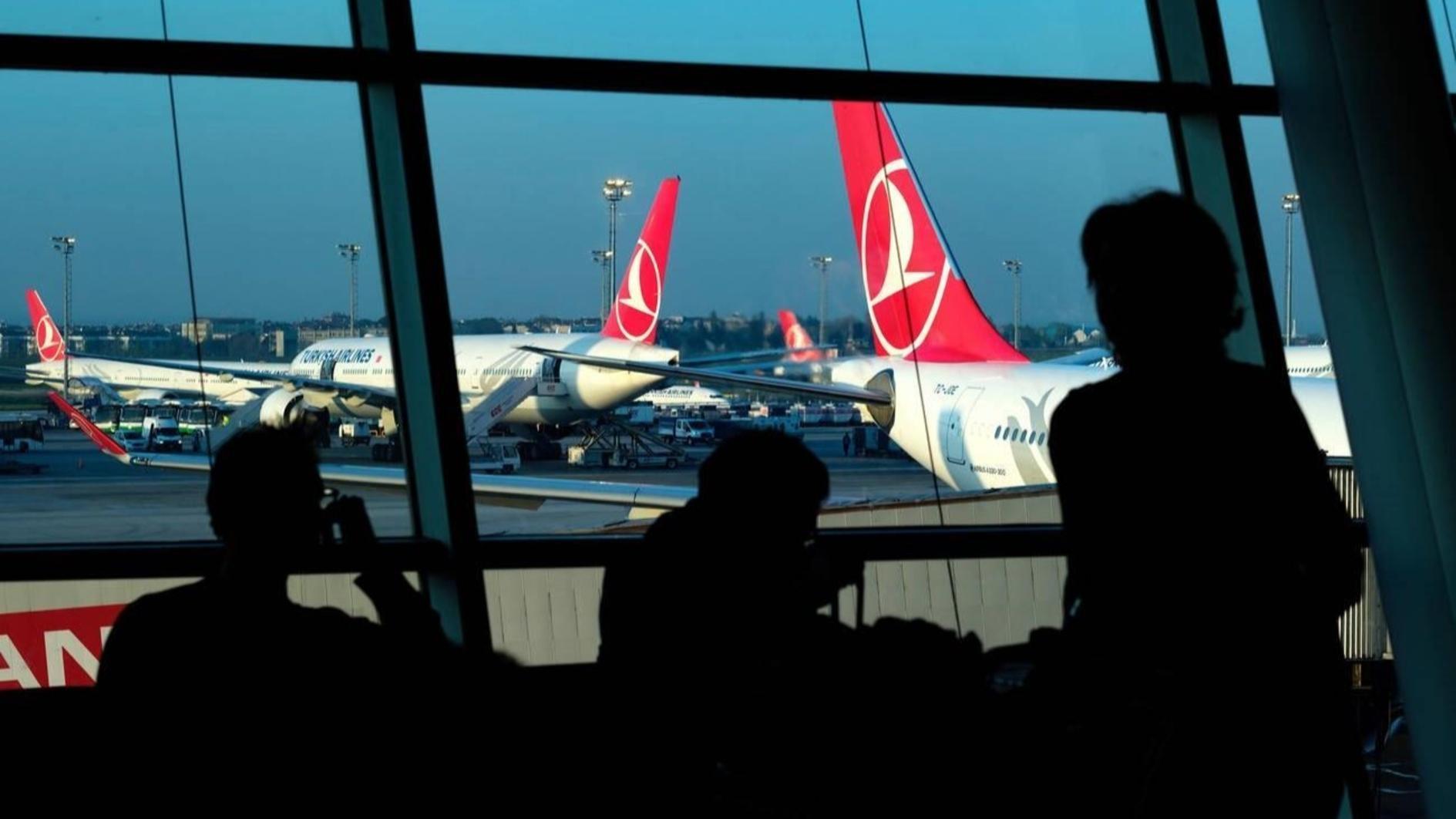The need for justice
It was an amazing story that Turkish daily Milliyet reported on earlier this week. That was the story of İhsan Çakmak.
Çakmak is a fugitive on the run that is wanted by the police because of his involvement in a manslaughter case in 1993. The case is one of the most horrible in recent Turkish history; 37 people were killed in a hotel fire that was started by protesting arsonists in the Central Anatolian city of Sivas.
Those killed were there to take part in a festival in the name of Pir Sultan Abdal, a medieval popular poet and a symbol for the Alevi faith. The protesters were from right-wing Islamist groups and of Sunni origin.
Çakmak, who had been put on trial because of that infamous “Madımak” (the name of the hotel) case, disappeared 15 years ago and has been sought on an arrest warrant since. But in the meantime, as Milliyet reports, he did his military service in May 1997, got married in July 1999, registered his newborn child at the census office the next year and then got his driving license from the police department.
Unnoticed by all those public offices, Çakmak will be free of all charges by March 13 because the 15-year statute of limitations will expire then and the case will be considered closed.
The main opposition Republican People’s Party (CHP) applied to the Parliamentary Speaker’s Office to stop that with an amendment to a legal article that would consider the manslaughter case as an act of terrorism. It was rejected by the ruling Justice and Development Party (AK Parti).
Pointing out that 111 people have already been convicted by the courts because of the Madımak case and that the expiry would only involve five people, including Çakmak, Justice Minister Sadullah Ergin has complained that opposition parties are trying to make it appear as if all those accused would avoid prosecution. Still, he admits that even if it is for one person, the situation is not pleasant.
The Madımak case is not an isolated source of injustice claims. Long detention periods, long trial periods, clumsy indictments and the high rate of rulings turned down by the Court of Appeals (nearly half of them) are subject to criticism in Turkey’s relations with its Western partners – mainly the United States and the European Union, in which Turkey wants to be a member.
And courts are not seen as the only source of injustice. From the education system to the general treatment regarding women and children, Turkey is suffering the pains of the transformation from a male-oriented system to a modern one.
It is good to see that a new law to impose heavier punishments against violence and the mistreatment of women and children is now on Parliament’s agenda and on Working Women’s Day as an apologetic gesture.
But the need for justice remains Turkish people’s number-one expectation from the new constitution, which is currently being debated in Parliament and society.
A survey carried of by the Turkish Union of Chambers of Commerce (TOBB), which is leading an initiative to bring together parliamentary delegations with civil society for a better constitution, has shown striking results. According to the survey carried out during sessions in the mostly Kurdish populated city of Diyarbakır and the western industrial city of İzmir, 54 percent of opinion leaders expected a more just system from the constitution; tied for second place was freedoms and equality at 18 percent each.











